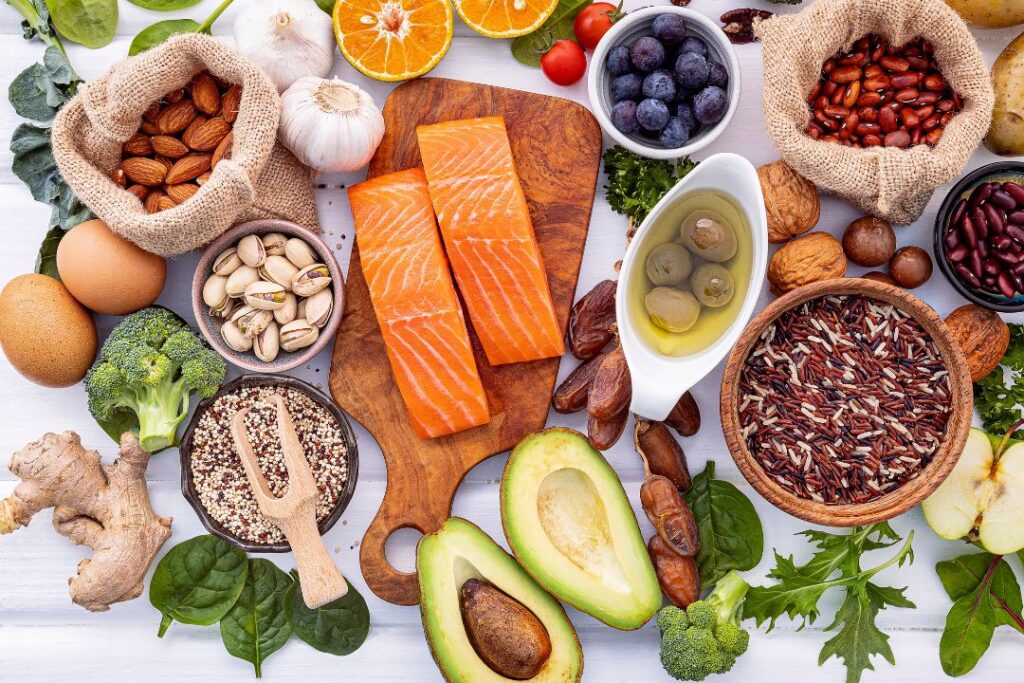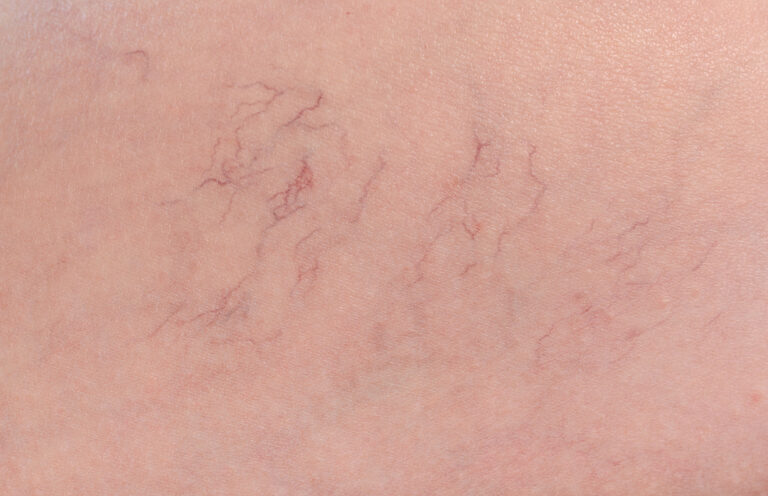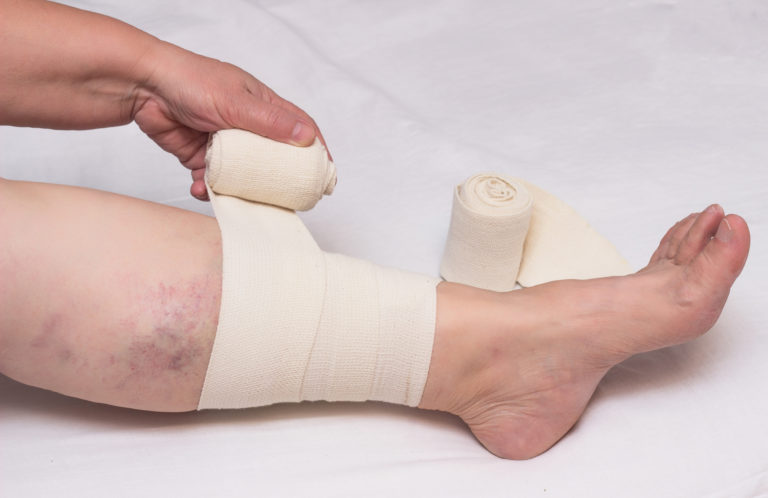Nourish Your Veins: The Ultimate Diet for Healthy Veins
 Introduction to Vein Health and Diet
Introduction to Vein Health and Diet
The Critical Link Between Diet and Vein Health
Welcome to a journey through nutrition’s impact on vein health. Here, in “Diet for Healthy Veins,” we unlock the synergy between what we eat and the health of our veins. This comprehensive guide will enlighten you on how dietary choices influence vascular health, offering a path to stronger, healthier veins.
Understanding Vein Health and Nutrition
Nutrition’s Role in Vascular Health
Nutrition directly affects the integrity of our veins. The right nutrients can strengthen vein walls, reduce inflammation, and enhance blood flow, preventing common vein issues. Let’s dive into the essential components of a diet that supports robust vein health.
Essential Nutrients for Healthy Veins
Antioxidants: Nature’s Vein Protectors
Antioxidants play a vital role in combating inflammation and oxidative stress, which can weaken veins. Foods rich in antioxidants, like berries, nuts, and green vegetables, are not just delicious but also crucial for maintaining the structural integrity of vein walls.
Omega-3 Fatty Acids: The Circulatory Superfood
Omega-3 fatty acids, abundant in fish like salmon and plant sources like flaxseeds, are renowned for their anti-inflammatory and blood-thinning properties. Regular consumption can improve blood flow and reduce the risk of clotting, benefitting overall vein health.
Fiber: The Unsung Hero of Vein Health
A high-fiber diet is instrumental in maintaining good digestive health, which in turn prevents pressure buildup in the veins. Whole grains, legumes, and vegetables are excellent fiber sources that help regulate bowel movements and vein pressure.
Hydration: The Foundation of Healthy Veins
Water: The Ultimate Vein Health Elixir
Hydration is paramount for vein health. Water maintains blood viscosity and circulation, preventing the veins from being overworked. It’s essential to consume adequate fluids daily to support your circulatory system.
Food Choices and Vein Health
What to Eat and What to Avoid
While focusing on what to include in a vein-healthy diet, it’s equally important to know what to limit. Reducing the intake of salt, caffeine, and processed foods can prevent excessive strain on your veins.
Vein-Friendly Recipes
Delicious Ways to Support Your Veins
Vein health doesn’t have to be boring. We’ll introduce you to a variety of recipes that are as tasty as they are beneficial for your veins. From antioxidant-rich smoothies to omega-3-packed salads, these meals are designed to boost your vein health deliciously.
Conclusion: Embrace a Vein-Healthy Lifestyle
Committing to Vascular Wellness Through Diet
Adopting a diet that supports vein health is a delightful and effective way to care for your circulatory system. Embark on this culinary adventure and enjoy the manifold benefits of a healthier, more vibrant lifestyle.
FAQs
- What foods are best for vein health?
Focus on foods rich in antioxidants, omega-3 fatty acids, and fiber. These include berries, leafy greens, nuts, fatty fish, and whole grains. - Can diet impact varicose veins?
A vein-healthy diet can help prevent the onset of varicose veins and alleviate their symptoms by reducing inflammation and improving circulation. - How does hydration affect vein health?
Adequate hydration keeps the blood at the right consistency for optimal flow, reducing the risk of clotting and strain on the veins. - Are there any foods I should avoid for healthy veins?
Limit intake of salt, caffeine, and processed foods, as they can contribute to swelling and increased vein pressure. - Can a healthy diet eliminate the need for vein treatments?
While a healthy diet is crucial, it’s often part of a holistic approach that may include exercise, lifestyle changes, and medical treatments for comprehensive vein health.







